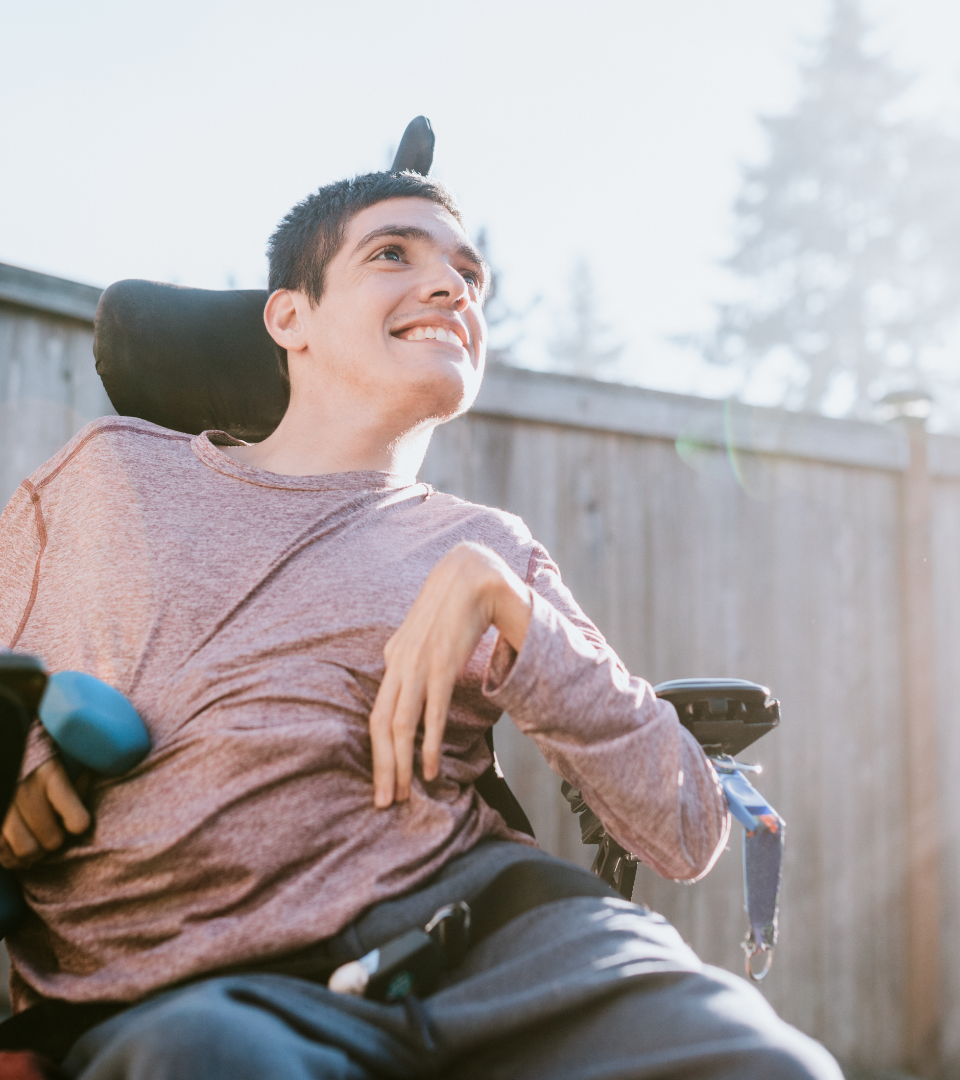
Applying for NDIS support can be complicated. In this post, we’ll look at how the process works and the information you’ll need to supply to confirm your eligibility.
Many things can determine whether you’re eligible for receiving support on the NDIS. You may qualify for a support plan if:
- You are under 65 years old
- You are an Australian citizen, a permanent resident, or you’re a New Zealand citizen who has a Protected Special Category Visa
- You have a permanent or significant disability that means you need help from others, equipment or assistive technology to do everyday tasks
- You are a child between 0 and 6 years old with a developmental delay, and early supports would reduce the amount of assistance you might need in the future.
Applying for NDIS support can be complicated. In this post, we’ll look at how the process works and the information you’ll need to supply to confirm your eligibility.

If you fit the criteria above and you’d like to ask for support from the NDIS, the first thing you’ll need to do is make an Access Request. The term ‘Access Request’ is a formal way of saying that you’re applying for the NDIS.
There are a few ways you can make an Access Request:
- Call the NDIS on 1800 800 110 and ask to make an Access Request.
- Complete and submit the Access Request Form and send it to the NDIS team by email at NAT@ndis.gov.au.
- Contact your local NDIS office. You can find your nearest office here.
As part of the Access Request process, you’ll be asked to confirm your identity and whether you give consent for them to get information about you from third parties, like your existing support providers. You will also be asked to provide some additional information to confirm your eligibility and your support needs.
To be approved for support on the NDIS, you’ll need to explain what your disability is, how long it will last (is it temporary or permanent?), how it impacts your everyday life and your ability to do daily tasks.
To do this, the National Disability Insurance Agency (NDIA) may ask you to provide evidence from people who can confirm your disability, like your doctors and allied health team. This could mean your regular GP, your physiotherapist, speech pathologist or occupational therapist. Paperwork is never easy or enjoyable, and it can take a while to get all this evidence together, but it’s essential to keep your Access Request processing.
To make sure your evidence is good and reliable, be sure to include doctors or therapists that have known you for at least six months and who you’ve seen recently. You want to make sure the evidence you’re providing reflects your current situation and support needs.
- Be recent
- Be completed by a treating health professional who is relevant to your primary disability
- Confirm your primary disability
- Confirm the impacts of your disability on the different areas of your life
- Describe previous treatments and outcomes
- Explain future treatment options and expected outcomes of those treatments.
In this context, primary disability refers to the condition or impairment that has the most significant impact on your day-to-day life.
The NDIS website has listed the types of evidence they require for each of the primary disabilities, which should give you an idea of what you’ll need to provide. You can provide copies of existing information, including letters or reports, or you can ask your treating health professional to fill out and sign a form.

If the NDIA decides you’re not eligible for support through the NDIS, it may mean other service organisations are better equipped and more suited to provide you with the kind of supports you need.
The NDIA’s Local Area Coordinators can help you connect with these providers (like us!), so don’t feel disheartened if the NDIS does not end up being for you. Many support organisations deliver activities and services that can help you live more independently and grow in confidence. For example, at Great Mates, we offer several tailored programs and services to meet your needs and goals.
Yes. If you made your previous Access Request more than three months ago, you can contact the NDIA and make a new request. NDIS access decisions are made based on the current impact of your disability, and that impact may change over time. This may be because of a recent traumatic injury or accident, progression of a degenerative disability, or an unexpected deterioration in day-to-day function.